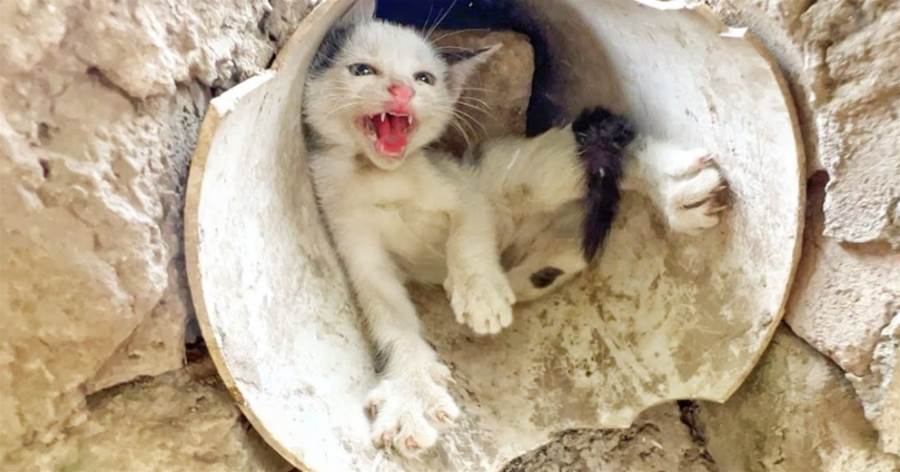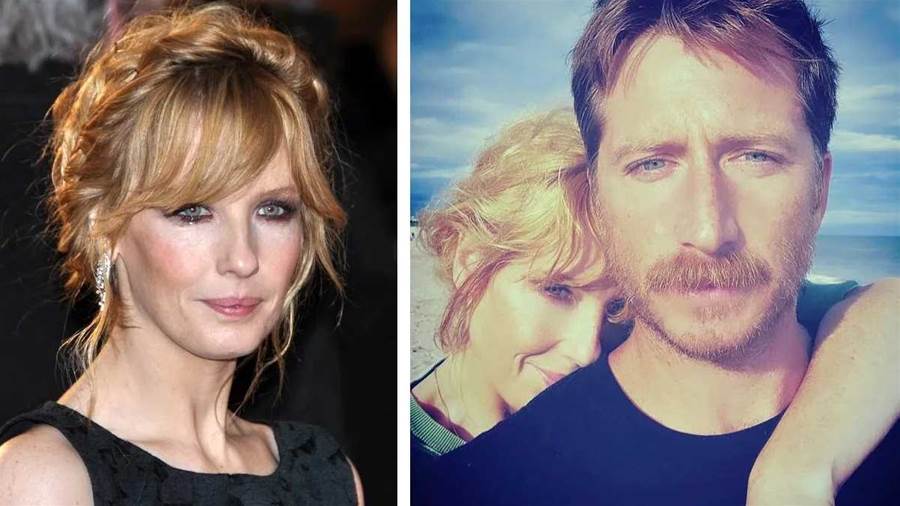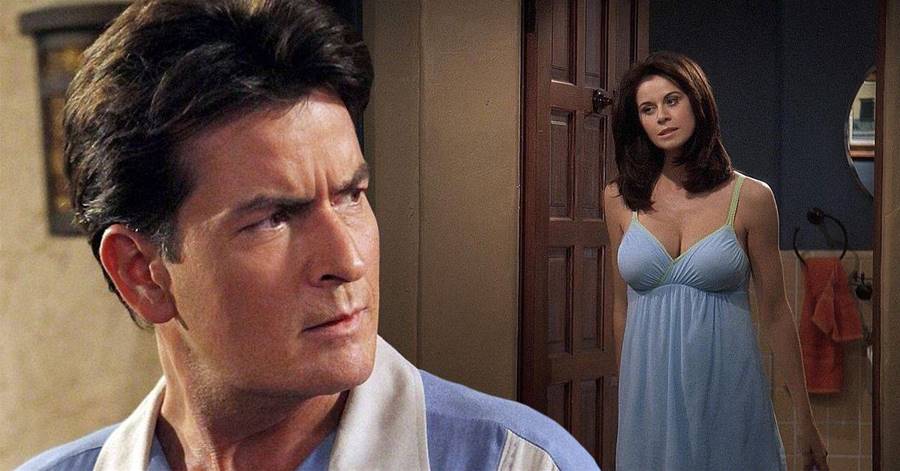
Aggressive Mother Cat Rejecting Her Kitten: Is She Ready for New Babies Already?
When a mother cat begins rejecting her kitten, it can seem cruel and confusing to the untrained eye. Yet, feline behaviors often have deep-rooted explanations in nature, even if they appear unusual or harsh to us. One common situation is when a mother cat aggressively distances herself from her offspring, seemingly because she's now fixated on having new babies. But what drives this behavior? Is it truly about wanting more kittens, or is there something else going on?
Cats are known for their independent nature, and this extends to their parenting style. Unlike humans, who nurture their children for years, cats have a relatively short period during which they care for their kittens. Typically, this period lasts about 6 to 12 weeks, after which the mother starts encouraging independence. However, when a mother cat aggressively rejects a kitten, especially if it happens before this period ends, it could indicate various underlying factors at play, including the instinctual drive to reproduce again.
Hormones play a crucial role in a mother cat's behavior. After giving birth, a cat's body goes through hormonal changes that help her bond with her kittens and provide milk. However, as the kittens grow older and become less reliant on nursing, these hormonal levels can shift. If a cat goes into heat again – which can happen just a few weeks after giving birth – her instincts might push her towards seeking a mate rather than nurturing her current litter. In such cases, the mother’s focus on her new reproductive cycle can cause her to become distant or even aggressive towards her kittens.
A queen (a term for a female cat who has had kittens) might hiss, swat, or refuse to nurse her young.
While hormonal changes are a common reason for maternal aggression, they aren’t the only potential cause. Stress, environmental changes, or health problems could also trigger such behavior. For example, if the mother cat is in pain due to an infection, mastitis, or injury, she may become more irritable and less willing to care for her kittens.
Understanding the cat's overall behavior and environment is crucial for pinpointing the root cause. If a mother cat’s rejection is coupled with signs of discomfort or distress, such as hiding, lack of appetite, or changes in her coat's condition, it may be time to consult a veterinarian to rule out any underlying health issues.
For kittens experiencing maternal rejection, the transition to independence can be challenging but isn't necessarily catastrophic.
In such situations, the rejected kitten may need some extra human assistance. Providing supplemental feeding, warmth, and social interaction can help bridge the gap left by the mother’s sudden shift in behavior.
While the rejection of kittens by a mother cat can’t always be prevented, certain steps may help reduce the likelihood. Spaying the mother cat after she’s done nursing her litter can help curb the instinctual drive to reproduce again, potentially minimizing any aggressive behaviors linked to hormonal shifts. Additionally, creating a low-stress environment with plenty of resources, like food, water, and comfortable spaces, may keep the mother cat calmer and more nurturing for longer.
It’s easy to anthropomorphize cats and expect them to behave like human parents, but their instincts follow a different rulebook. For them, behaviors that might seem cold or unkind often serve an essential purpose. By rejecting her kitten, a mother cat may be attempting to prepare for her next litter or responding to stressors we can’t see. It’s all part of a survival strategy that has been honed over thousands of years.
Have you ever witnessed a mother cat rejecting her kitten? What do you think could be behind the behavior? Share your experiences in the comments below, and let's unravel the mysteries of feline motherhood together!



















